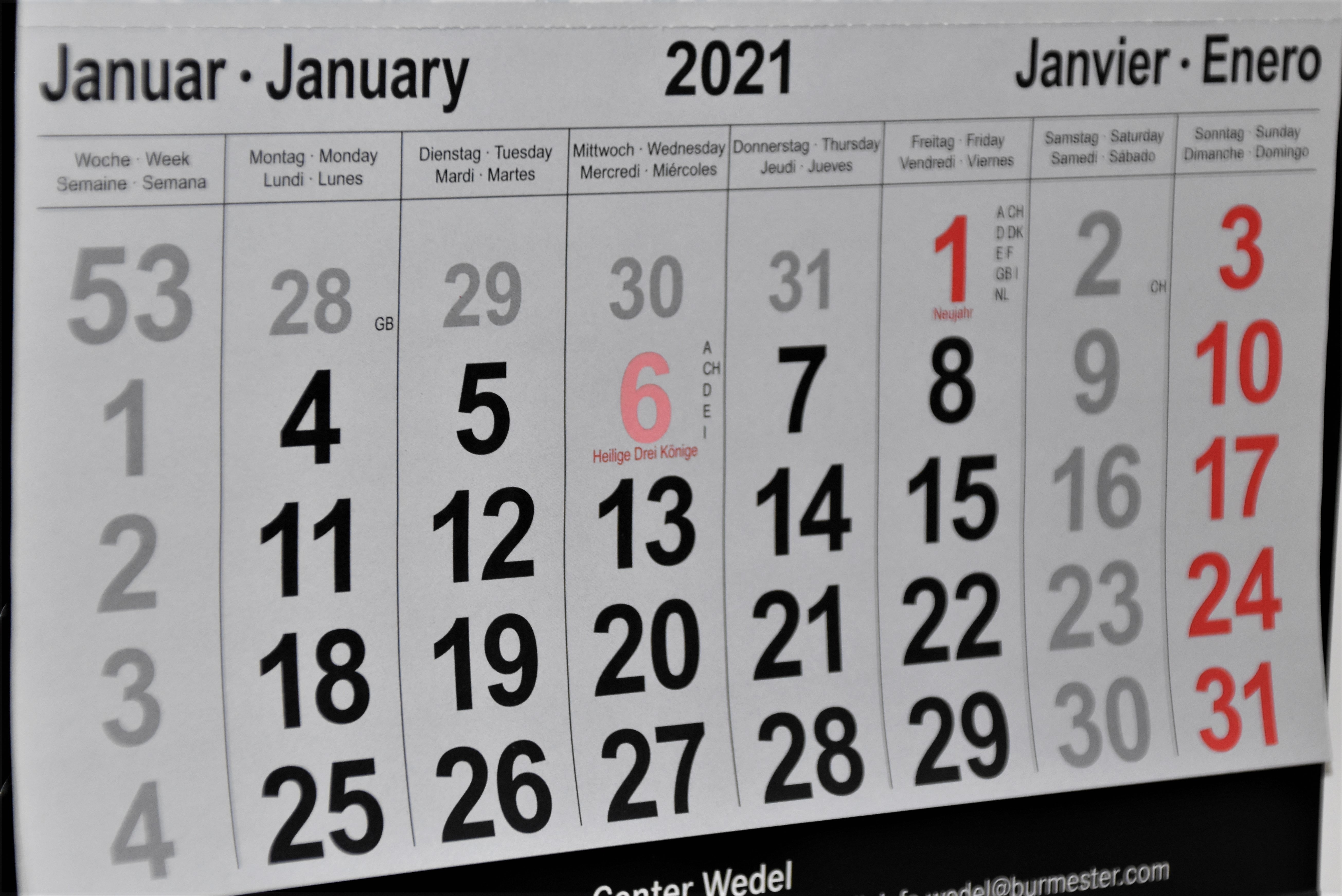Kapanlagi.com - Primbon is known as one of the ancestral cultural heritages that is still believed in until now. Not only Javanese primbon, there are also those who refer to it as Islamic primbon.
This is because the inheritance in the form of ancestral notes is heavily influenced by Islamic values with Hindu and Buddhist elements that still adhere. It is no wonder that some people refer to it as Islamic primbon.
Now, primbon notes in the form of books are widely circulated. There are also websites that make it easier. However, how is the explanation of primbon Islamic law? Let's find out more information below.
1. Explanation of Primbon

Illustration of Primbon Explanation (Credit: Unsplash)
Before discussing Islamic primbon, of course, you need to understand the explanation of primbon itself. As Indonesians, especially Javanese people, you may already be familiar with the term primbon. Since ancient times, our ancestors often referred to primbon when they wanted to know someone's character, auspicious days, and fortunes.
According to the Indonesian Dictionary (KBBI), primbon is a book that contains predictions (calculation of auspicious days, unlucky days, and so on); a book that gathers various Javanese knowledge, containing formulas of mystical knowledge (symbols, spells, prayers, dream interpretation), complicated number systems to calculate auspicious days for conducting rituals, building houses, starting journeys, and managing various important activities, both for individuals and communities.
According to Merdeka website, primbon was originally a personal record passed down or inherited within the royal family and abdi dalem (palace servants). In the 20th century, primbon began to be printed and widely distributed. The oldest known printed primbon was published in 1906 AD by De Bliksem.
However, a systematically arranged primbon book was only published in the 1930s. Primbon became something interesting because most people were curious to find auspicious days for every important moment, such as weddings, starting businesses, and moving houses. Choosing an auspicious day can be considered as the basic step for every human endeavor.
"In the past, primbon was strongly believed in (by the Javanese community)."
This is because Primbon is based on the birth of every human being. The birth of a baby will be greatly influenced by the forces of nature, in the sense that the earth's environment, other planets influence the person or character of the baby in the future," said Javanese cultural observer, Mulyono, as quoted from Merdeka.
In primbon, each day and market has a neptu or its own value. That value or number is used to calculate auspicious days, compatibility of couples, and so on. You can check each value below.
- Neptu Day
Sunday 5
Monday 4
Tuesday 3
Wednesday 7
Thursday 8
Friday 6
Saturday 9.
- Market Day
Kliwon 8
Legi 5
Pahing 9
Pon 7
Wage 4
2. Explanation of Islamic Primbon

Illustration of Islamic Primbon Explanation (Credit: Unsplash)
The primbon calculation system explained above is certainly different from Islamic primbon. In Islam, there is no concept of bad days. All days are considered equally good for various activities, as long as they do not contradict Islamic beliefs.
Quoting from Merdeka's website, Rois Syuriah of the National Board of NU, KH Ahmad Ishomuddin, said that primbon is a cultural practice based on logical considerations, so it is permissible to do. Culture that does not contradict Islamic beliefs should not be abandoned.
"When there are people who still use primbon as a reference to find auspicious days, in my opinion, it is permissible. Primbon is a cultural practice based on logical considerations. So it's okay," said Rois Syuriah of the National Board of NU, KH Ahmad Ishomuddin, as quoted from Merdeka.
3. Islamic Primbon Law

Illustration of Islamic Primbon Law (Credit: Unsplash)
Based on the previous explanation, it can be concluded that there is no Islamic primbon. Islam does not teach its followers to adhere to specific times to start something good.
Islam recognizes different methods of determining specific times to do something. According to NU Online, there is a book on Astrology (knowledge of astronomy) in the knowledge of Islamic boarding schools. The book was written by a Muslim scientist during the Abbasid era, Abu Ma'shar Al-Falaki, who was a student of Al-Kindi.
As the author's name suggests, the book is titled Abu Ma'shar Al-Falaki. In the past, the book circulated widely in traditional Islamic boarding schools. If you want to know more details, please refer to the book.
However, when it comes to auspicious days, Islam has clear teachings, namely reciting Basmalah (In the name of Allah) before starting any activity. According to NU Online, the following hadith explains this teaching.
Meaning: Every good deed that is not preceded by Bismillah (In the name of Allah) is cut off (HR. Ibn Hibban).
Through this hadith, Islam teaches humans to always rely on Allah for everything and that things happen only with His permission. This should also be accompanied by the attitude of husnudz-dzon (having good thoughts) towards Allah SWT. As mentioned in a hadith qudsi, your assumption about Allah SWT will return to yourselves.
4. Acculturation of Primbon and Islam

Illustration of Acculturation of Primbon and Islam (credit: unsplash)
As mentioned earlier, there is no specific Islamic primbon. However, the primbon that has become part of Javanese culture has undergone acculturation with Islamic culture. One form of acculturation between Javanese primbon and Islam can be seen in the use of Javanese calendar adopted from the Islamic or hijri calendar.
In society, there is also the known primbon Aboge, which stands for Alip Rebo Wage, meaning referring to the 1st of Muharram in the Alip year, which falls on the day of Rebo (Wednesday) in the Wage market. In 1 year, the Aboge calendar still consists of 12 months with the number of days in each month being 29-30 days. The Aboge calendar system also uses the concept of markets which include Legi, Pahing, Pon, Wage, and Kliwon.
In daily practice, the Aboge primbon calendar is used by certain traditional communities. The use of the Aboge calendar system is often used to determine Islamic religious days such as the 1st of Ramadan, Eid al-Fitr, and Eid al-Adha.
So, KLovers, that's an explanation of Islamic primbon and its laws that you need to understand.
COME JOIN THE WHATSAPP CHANNEL KAPANLAGI.COM SO YOU DON'T MISS UPDATES AND THE LATEST NEWS ABOUT THE ENTERTAINMENT WORLD BOTH DOMESTIC AND INTERNATIONAL. CLICK HERE YES, KLOVERS!
(kpl/ans)
Disclaimer: This translation from Bahasa Indonesia to English has been generated by Artificial Intelligence.
















